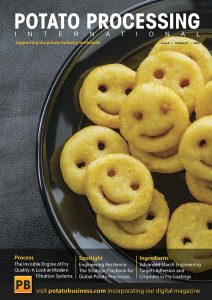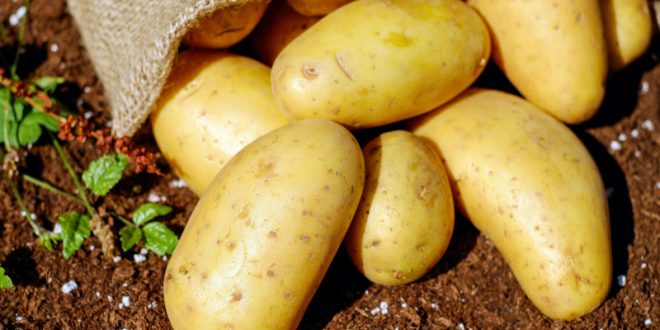P.E.I. Negotiates Buyback Of Half Of Potato Wart Index Fields

The government of Prince Edward Island is negotiating the purchase of roughly half of the province’s potato wart index fields, according to a report by CBC News published on Nov. 20. The initiative is part of a buyback programme announced earlier this year to remove infected land from agricultural production.
CBC News reported that the province has 37 fields designated by the Canadian Food Inspection Agency as potato wart index sites, meaning the soil has tested positive for the fungus at least once. The sites range from small farms to properties owned by large agri-food companies.
The provincial government has allocated C$10.5 million to begin the acquisitions. Agriculture Minister Bloyce Thompson told CBC News that the current budget would allow officials to purchase “roughly half of the fields.”
“We still have a bit to go, but we have a lot of interest and it would be great once we get this behind us,” Thompson said.
Potato wart was first detected on P.E.I. in 2000 and again in 2021. While the disease poses no health risk to humans, it distorts tubers, renders them unmarketable and restricts market access. Following the 2021 detection, the CFIA banned exports of fresh P.E.I. table potatoes to the United States for four months. The ban resulted in some producers destroying millions of pounds of potatoes, and restrictions on seed potato shipments to the United States remain in place.
Opposition Questions Pace And Scope
According to the CBC reporting, opposition MLAs pressed the government in the legislature about whether the buyback plan goes far enough. Liberal MLA Robert Henderson emphasised the need to contain potato wart and questioned why the province did not pursue the acquisition of all 37 indexed properties.
“Potato wart occurred in 2021 under this minister’s watch. They’ve had four years to put a strategy in place,” Henderson said during question period. “Why has it taken so long to develop a comprehensive plan when you’ve had this many years to acquire these properties?”
In the legislature, Thompson highlighted the government’s plan to convert purchased land into forest by planting trees. Speaking to reporters after question period, he said the valuation process depends on independent assessors.
“Everything is going to be valued very fairly, and so we look forward to getting this done,” Thompson told CBC News. “It’s so important that we do this and just take care of the future.”

















